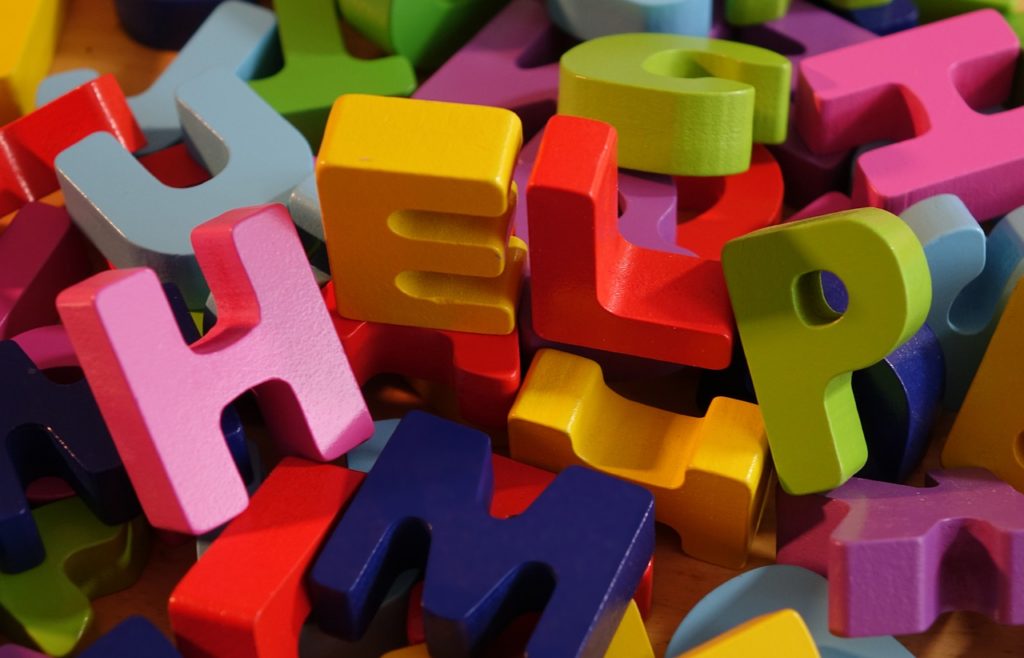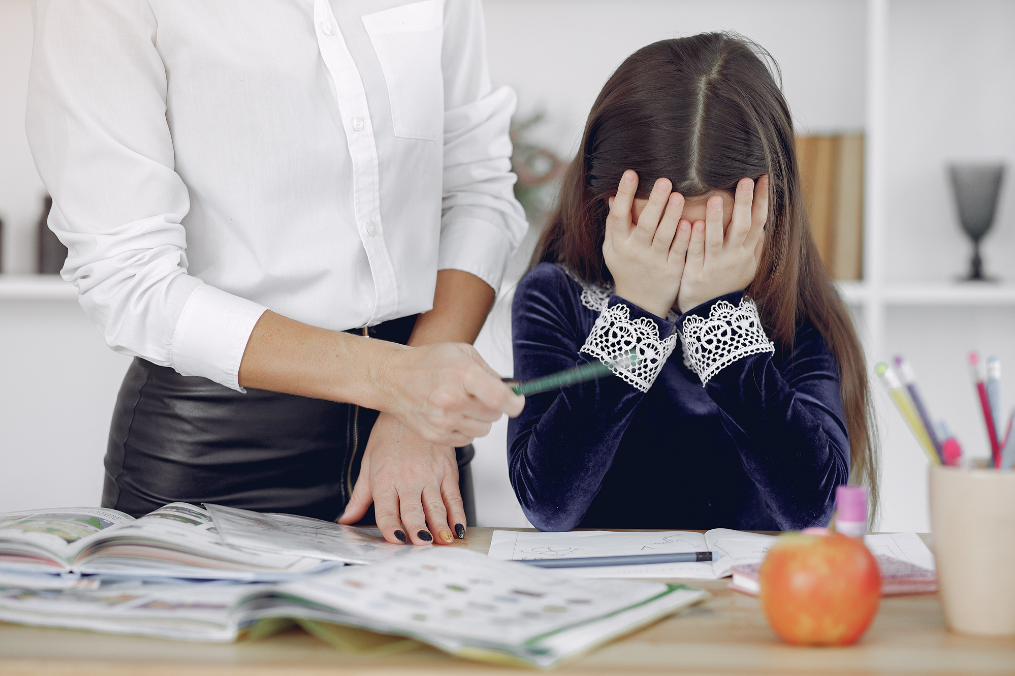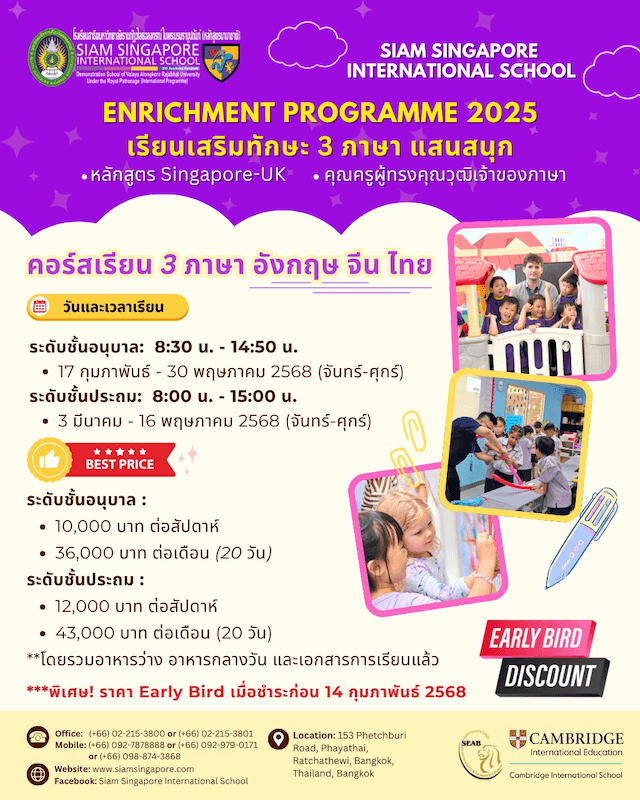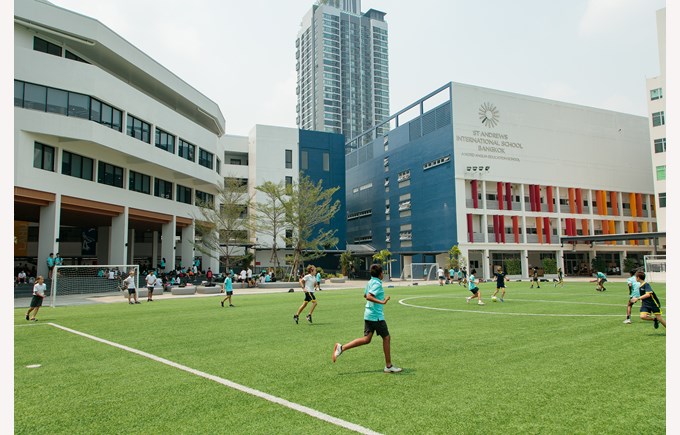Every parent is always on high alert when it comes to their kids’ behaviours, what’s normal? what’s not normal? why are they not reading as well as other kids? why do they not socialise or deal with emotions in the same way as their peers? These feelings are only natural but the real question is; what do you do if you suspect something is wrong?
First… it’s important to note that children are all so unique and individual, they reach milestones at different times and the ages & stages rule doesn’t apply to all kids at the same time. But when you feel like your child is struggling with their learning or starts to display behavioural issues, this could be the time to either consult with a specialist or get them assessed.

Spot the Signs
Not every child is a genius despite what other bragging parents may think and there is nothing worse for any child than being compared to their siblings or peers. Your friends’ child may be a musical prodigy at age 5 but your child may develop their own unique abilities later on in life and even in frustration, the golden rule is to never compare your child; no two children are ever the same.
In consultation with some of our great learning support specialists they have given us a list of things to look out for, these may be the signs they are struggling with an undiagnosed disorder or that they just need a little extra boost at school. Don’t panic though help is at hand and you just need to find the right support and learning style so they can reach their full potential and most importantly enjoy their learning journey.

- Your child may get easily frustrated completing a task or act-out if unable to finish.
- Your child maybe unusually slow or make little progress with reading, writing and/or maths skills.
- Your child may have problems with their motor skills, memory and/or coordination.
- Your child may have slow speech or language issues.
- Your child may have trouble socialising with other children and display bad behaviour as a way of attracting attention.
Common Disorders Explained
Dyslexia
Dyslexia is a language-based disorder in which a person has difficulty learning to read, interpret words and letters. It can also affect writing, spelling and sometimes speech.
Dyscalculia
Dyscalculia is a mathematical disability which hinders the ability to make sense of numbers and maths concepts. Generally the logic of mathematics may as well be in a foreign language. I should know: I am convinced I have this (testing wasn’t really a thing back in my day. I just failed).
Dysgraphia
Dysgraphia is a condition that causes issues with written expression. For many children with dysgraphia, just holding a pencil and writing letters on a line is a serious struggle. Handwriting tends to be messy, and many have problems with putting thoughts onto paper.
Auditory Processing Disorder (APD)
APD is a sensory disability whereby a person has trouble understanding or processing language despite normal hearing ranges. Basically, the ears and brain don’t coordinate fully. This leads to difficulties in computing what is being said (made worse in noisy places). My son has this. It takes him a long time to process a verbal instruction (more so than just usual teenage inertia).
Visual Processing Disorder (VDP)
VDP is not a problem with sight, but an issue with how the visual information is processed and interpreted by the brain. The eyes take in the info, but the brain doesn’t automatically make sense of what it’s being told.
Attention Deficit Hyperactivity Disorder (ADHD)
Inattention, hyperactivity and impulsive behaviour are often signs of ADHD. This is a disorder in the part of the brain that regulates behaviour. It is the most commonly diagnosed disorder in children. It is not the result of poor parenting, low intelligence or laziness.
Autism Spectrum Disorder (ASD)
ASDs are developmental disabilities that occur within the brain. A person with ASD typically has difficulty with social and communication skills. A range of symptoms can arise, from childhood all the way through to adulthood.
Where to go for Assessments & Learning Support

If you think your child should be tested make an appointment with a diagnostic specialist that can assist you with an official assessments. Consult your child’s school to see if they have a learning specialist in their faculty that can perform the tests or alternatively you can contact an independent specialist to carry out the tests. In Bangkok we are fortunate enough to have many great learning support options within both mainstream schools and more specialised centers.
Not all kids that develop learning difficulties need to be in inclusive schools or centers, some may just need extra assistance, guidance or support in order to better access a mainstream curriculum or in addition to regular classes. However, if the school feel that your child is struggling to keep up with their learning and this consequently starts to affect their self esteem or behaviour, that is the time to look for other means of support for their specific special needs.
More and more both schools and students are learning that inclusivity is key to building empathy in early childhood development. Being accepting of others who have learning challenges fosters not only acceptance and tolerance but can make school a better experience for those who don’t fit into a typical mould.














